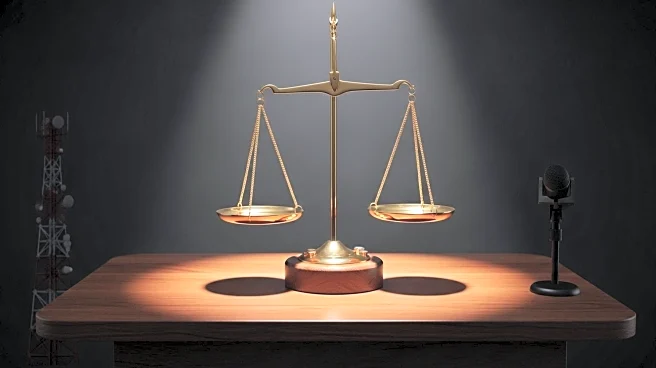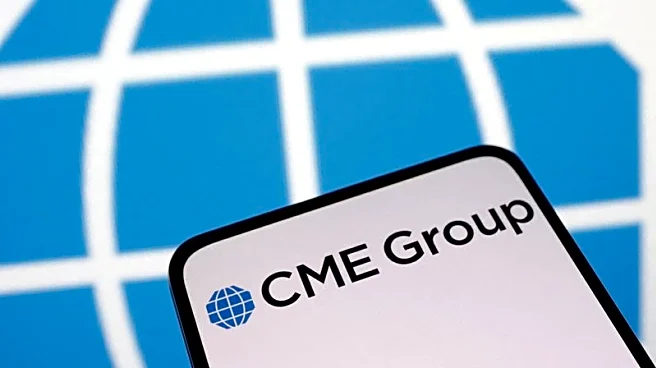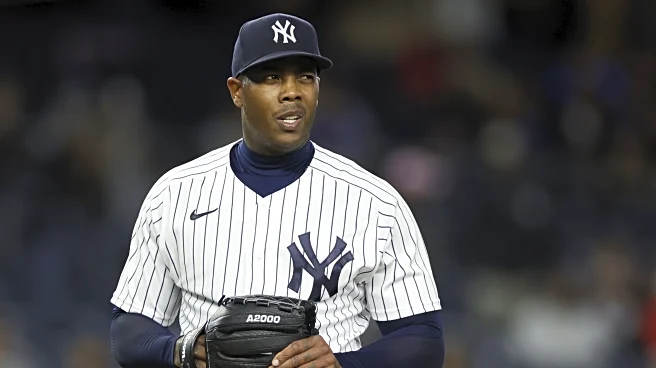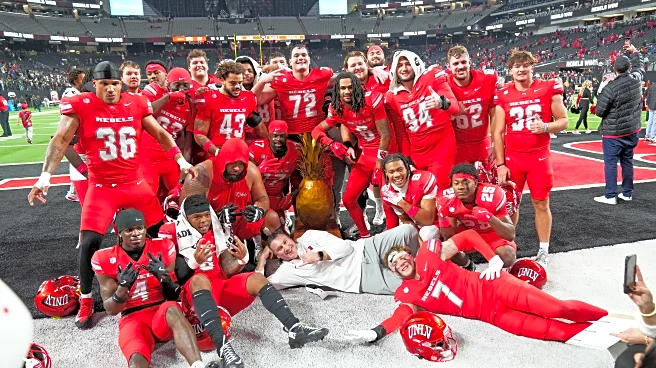What's Happening?
FCC Chairman Brendan Carr has threatened to revoke ABC's broadcast licenses following comments made by comedian Jimmy Kimmel about the assassination of conservative activist Charlie Kirk. Carr, appointed by President Trump, suggested that ABC could lose its licenses if it did not take action against Kimmel. This has led to Disney/ABC suspending Kimmel's show indefinitely, and Nexstar preempting the show on its affiliates. The situation has sparked a national debate about government censorship and the First Amendment, with legal experts questioning the FCC's authority to revoke licenses under these circumstances.
Why It's Important?
The threat to revoke broadcast licenses raises significant concerns about government overreach and the potential suppression of free speech. The First Amendment protects against government censorship, and the FCC's actions could set a precedent for future government interference in media content. This situation highlights the tension between political influence and media independence, with potential implications for broadcasters' operations and the broader media landscape. The legal and constitutional challenges posed by Carr's threat underscore the importance of maintaining a free and independent press.
What's Next?
The immediate suspension of Kimmel's show by ABC and Nexstar's preemption may prevent further FCC actions for now. However, the broader implications of Carr's threat could lead to legal challenges and increased scrutiny of the FCC's role in regulating broadcast content. Stakeholders, including media companies and civil rights organizations, may push back against perceived government coercion, potentially leading to court cases that test the limits of the FCC's authority and the protection of free speech under the First Amendment.











